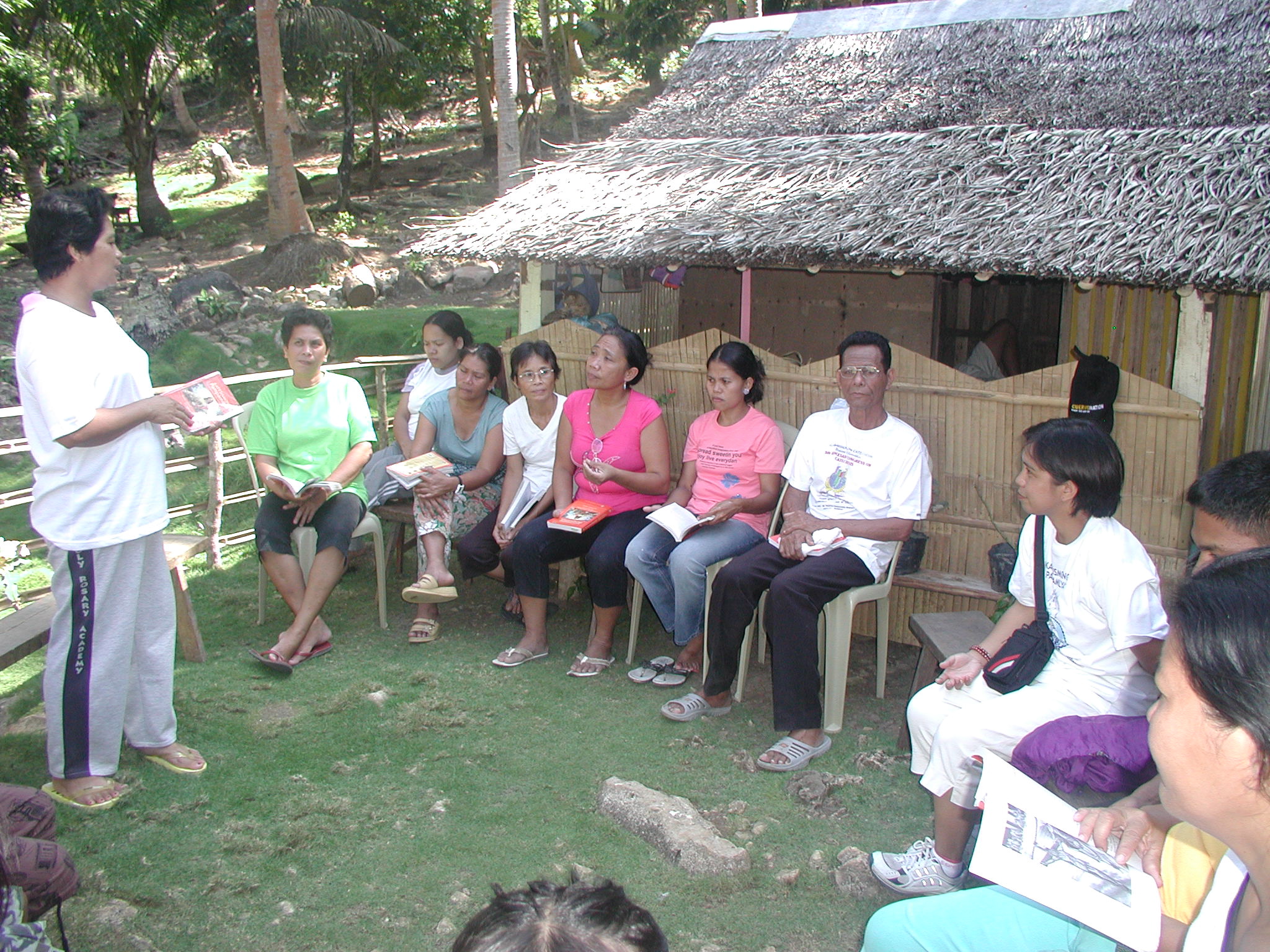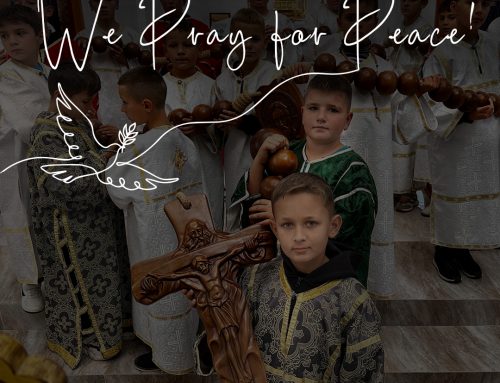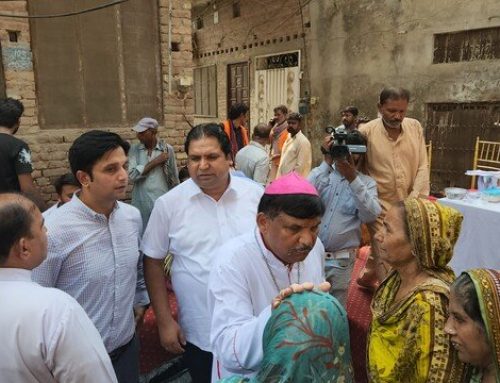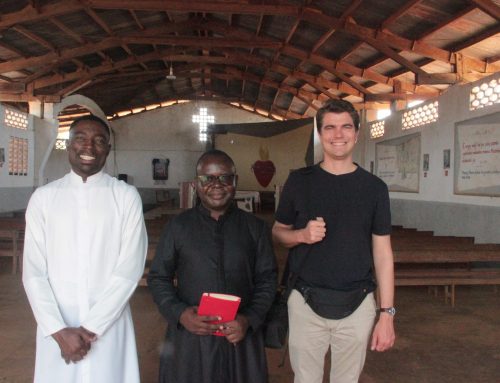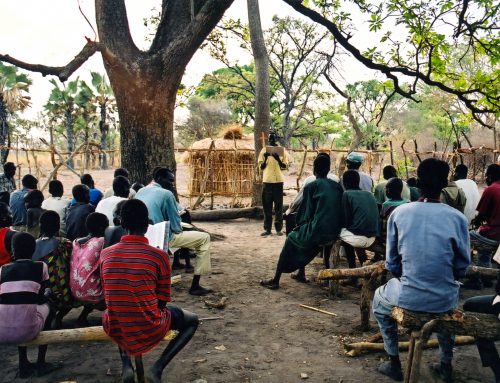Pope Francis, during a special Mass to mark the 500th anniversary of the arrival of Christianity in the Philippines, has called on Filipinos to “persevere in the work of evangelization.
“Pope Francis celebrated Mass in St. Peter’s Basilica on Sunday with several representatives of the Filipino Church, including Cardinal Luis Antonio Tagle, the former Archbishop of Manila who is now prefect of the Congregation for the Evangelization of Peoples.
“I want to thank you for the joy you bring to the whole world and to our Christian communities,” the pope said in his homily.
“We see it in your eyes, on your faces, in your songs and in your prayers,” he said, urging them to “persevere in the work of evangelization.”
“Never be afraid to proclaim the Gospel, to serve and to love,” he said.
“Life teaches us that true joy comes from realizing that we are loved gratuitously,” Pope Francis said adding “knowing that we are not alone, having someone who shares our dreams and who, when we experience shipwreck, is there to help us and lead us to a safe harbor.”
Cardinal Tagle, at the conclusion of the Eucharistic celebration, expressed the gratitude of all Filipinos for the pope’s gesture of closeness. The visibly emotional cardinal told the Pope that when Filipino emigrants miss their grandparents they can always count on the pope’s nearness, as their Lolo Kiko.
We bring you the filial love of Filipinos in the 7,641 islands of our country and the more than 10 million Filipino migrants living in almost 100 countries in the world, he said. “The coming of the Christian faith to our land is God’s gift. That the Christian faith was received by the majority of our people and given by them a Filipino character is God’s gift. Now the Philippines has the third largest number of Catholics in the world. This is truly God’s gift,” Cardinal Tagle said.
Spain brought Christianity to the Philippines in 1521 with the arrival of Portuguese explorer Ferdinand Magellan in Cebu. Through an interpreter, Magellan told the local people that the expedition was sent by the king of Spain to “spread the Catholic faith” and convert people to the “true religion.”
The archipelago, named after King Philip II, became a colony of Spain until 1898.The Spanish efforts to spread Christianity in the archipelago met with several hurdles. Inadequate number of missionaries to preach to a population scattered in the islands, and the seemingly endless varieties of local languages and dialects were problems to the missioners.
By the end of 16th century, each major religious congregation working in the archipelago agreed to cover a specific area to deal with the vast dispersion of the local peoples. The first ecclesiastical province was established in the Philippines in 1595.The Philippines is the third largest Catholic country in the world, after Brazil and Mexico.
Credit: La Croix

